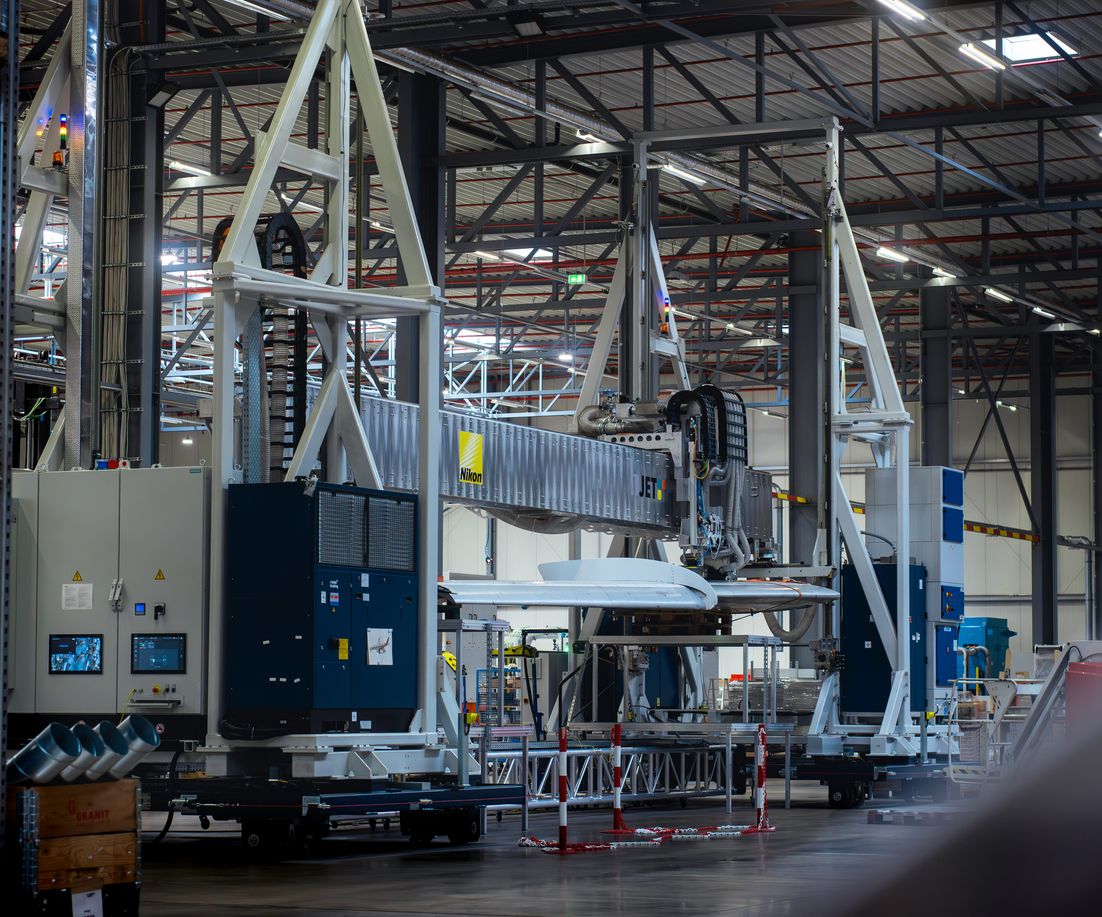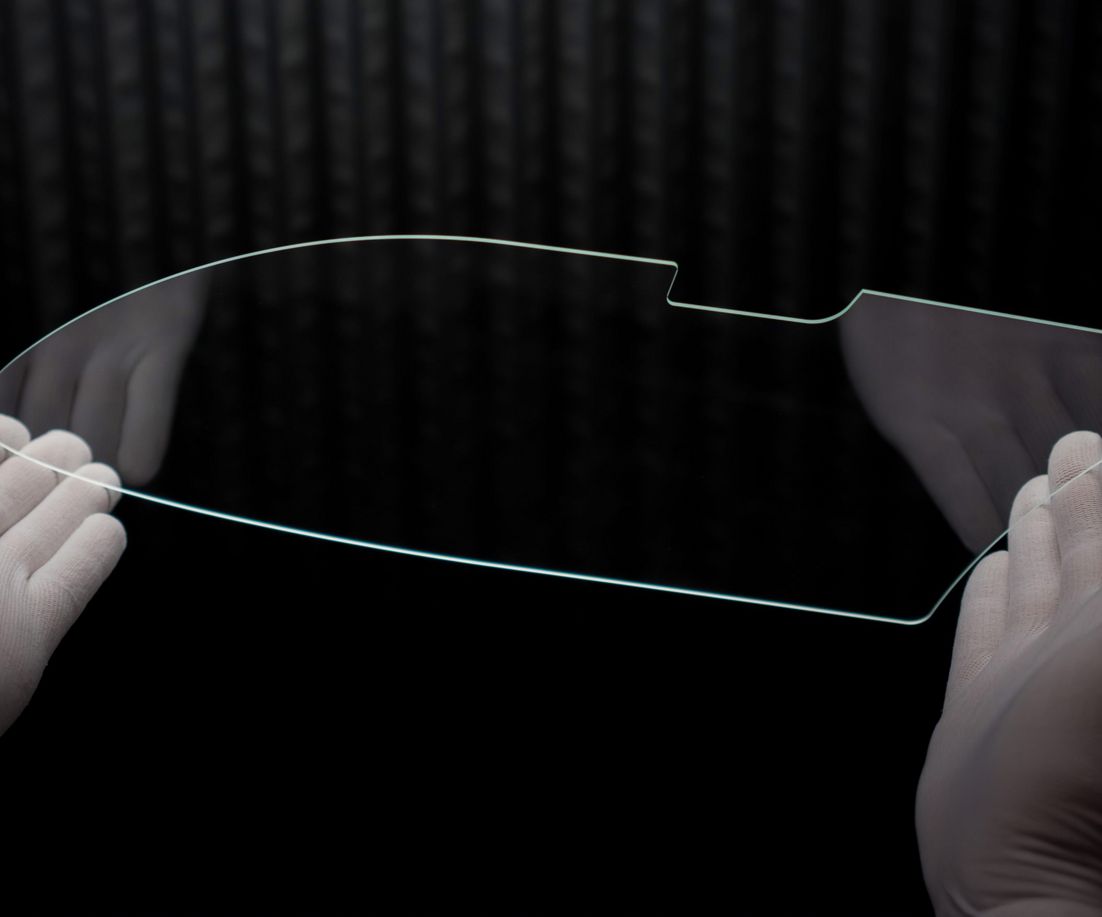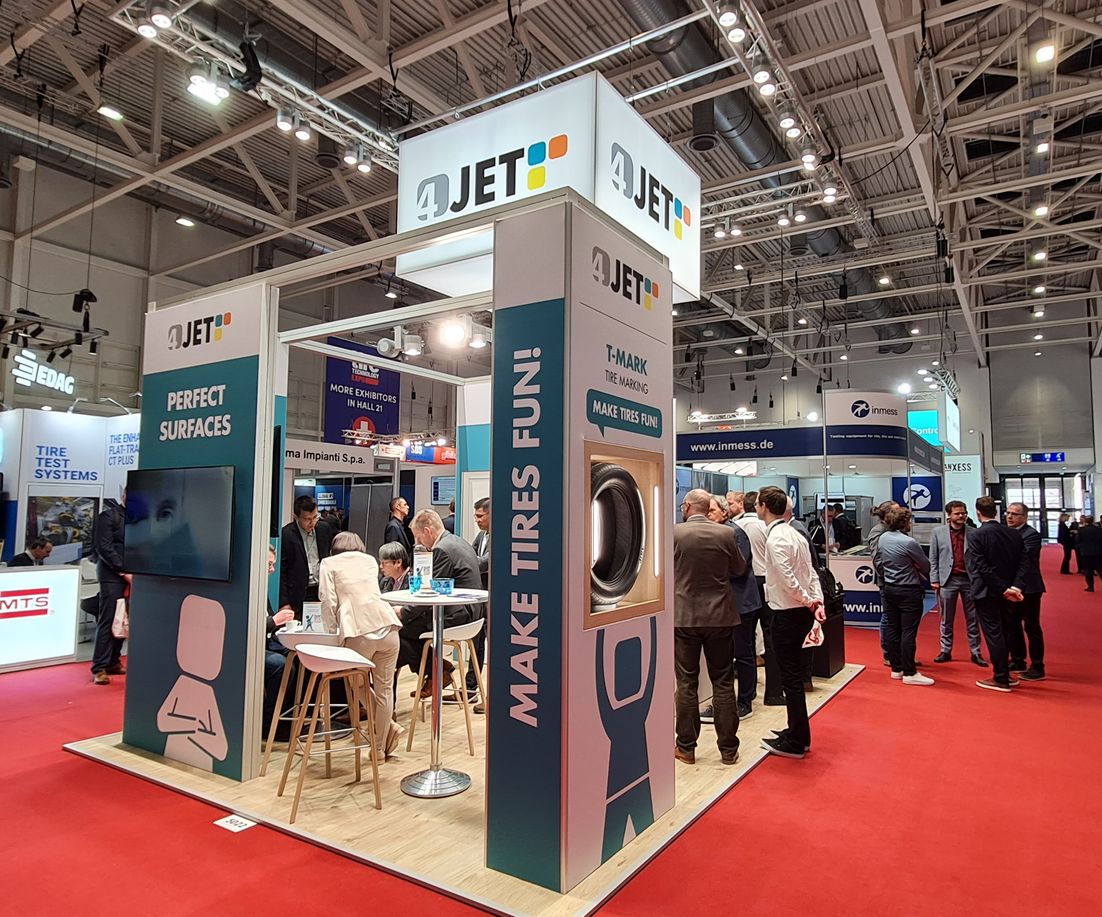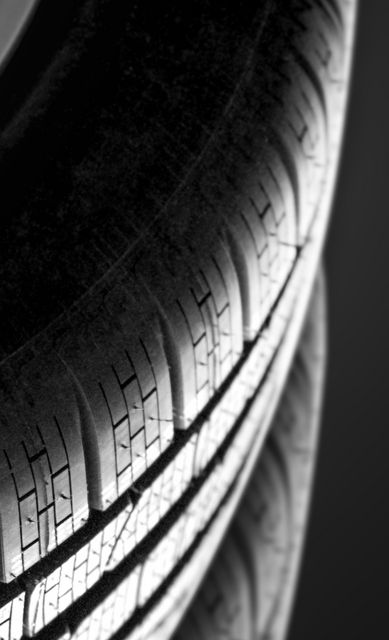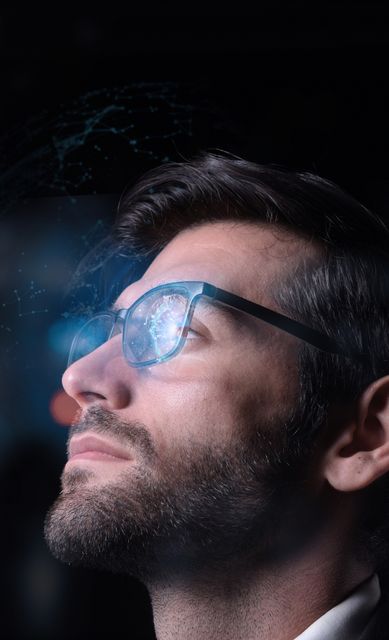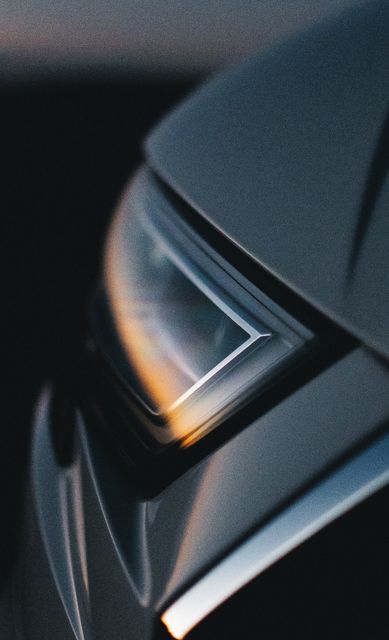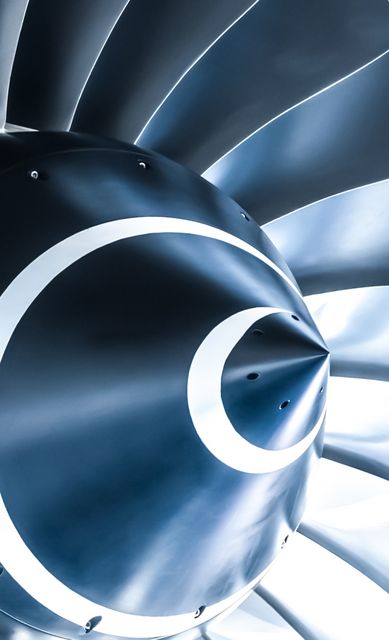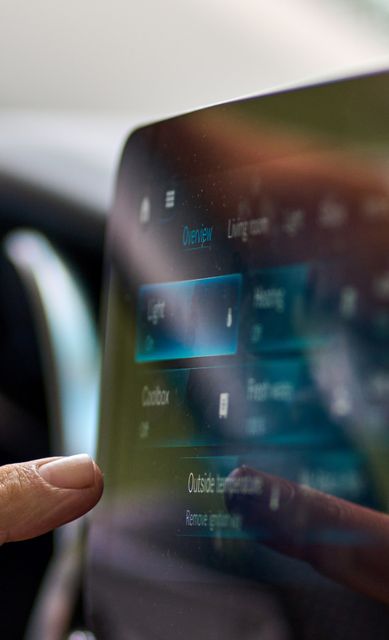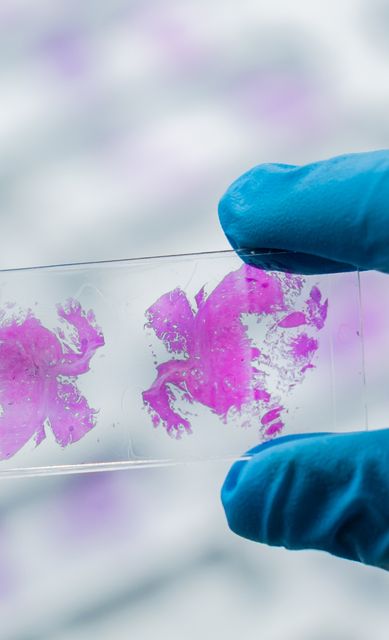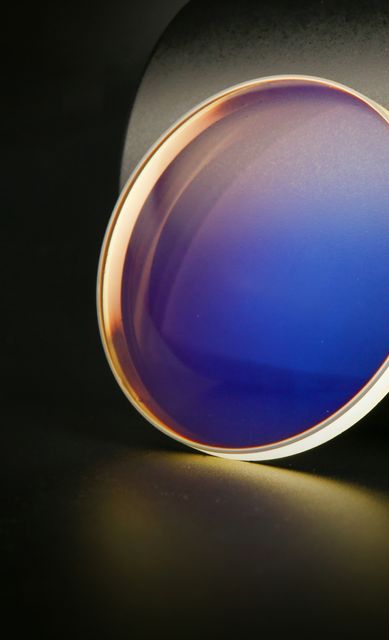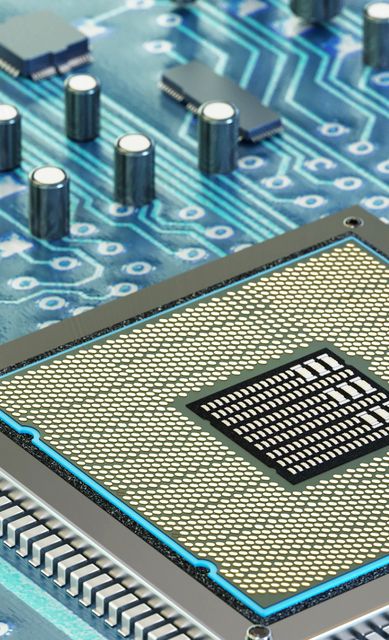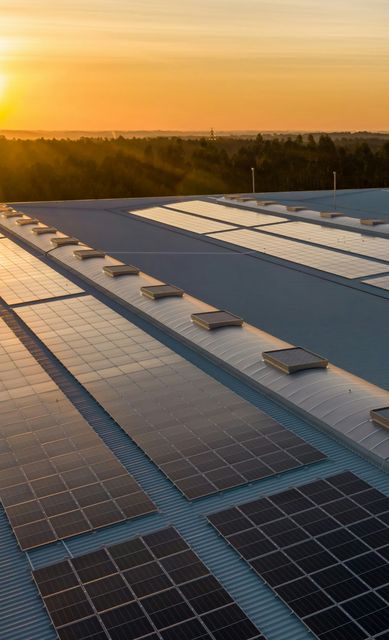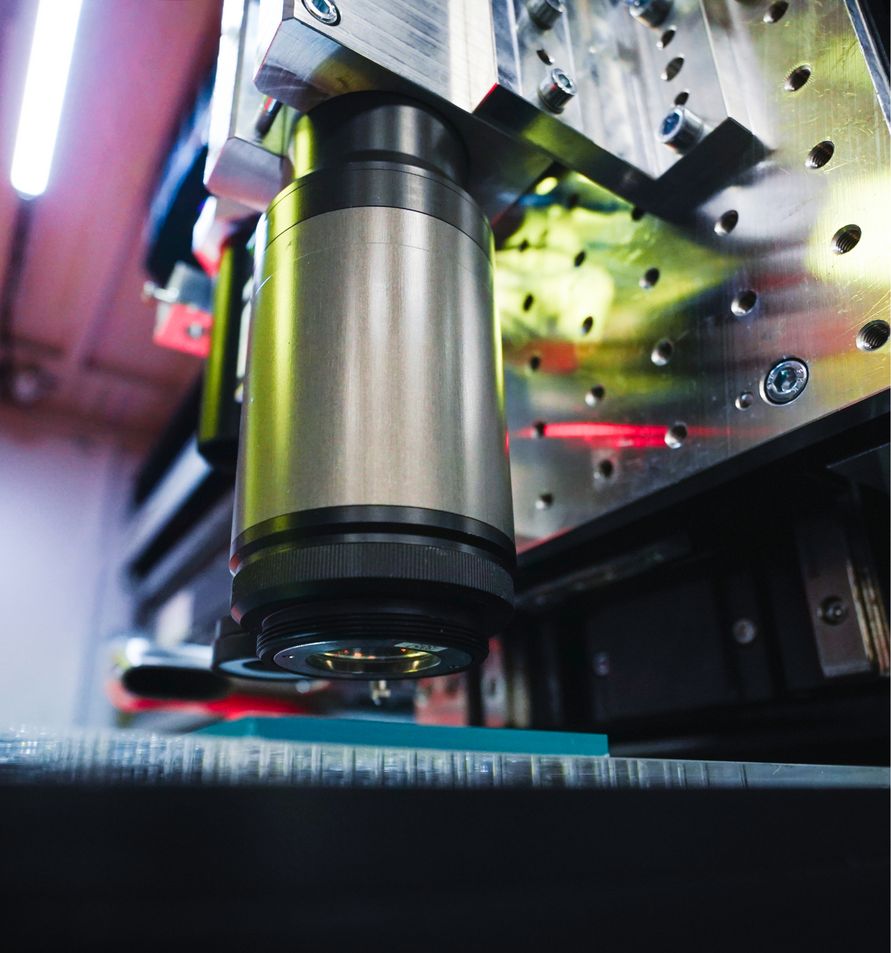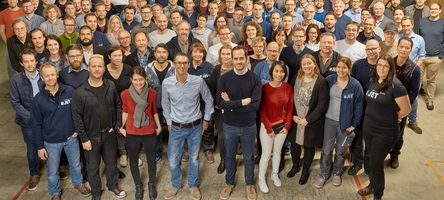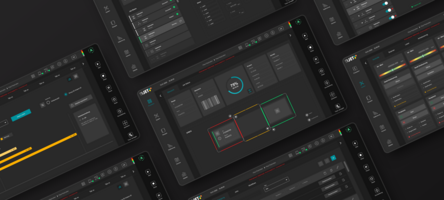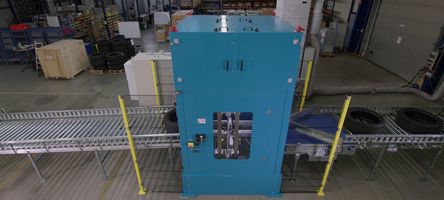We offer laser solutions for industrial applications.
We combine advanced laser process technology, intelligent software, and automation with global support to enable high-volume production across the entire lifecycle.
Key Industries
Applications at a Glance
We master the art of using pulsed lasers for precise ablation or modification of delicate materials. We can create a vast range of outcomes for a variety of applications by adjusting wavelength, power, energy density, and beam shaping.
This is 4JET
Since 2006, we have grown from a start-up to become a medium-sized, globally operating player.
0
Employees from 25 different home countries
0
+
Systems running around the clock and around the world
0
+
IP families ensure our customers’ technological edge

